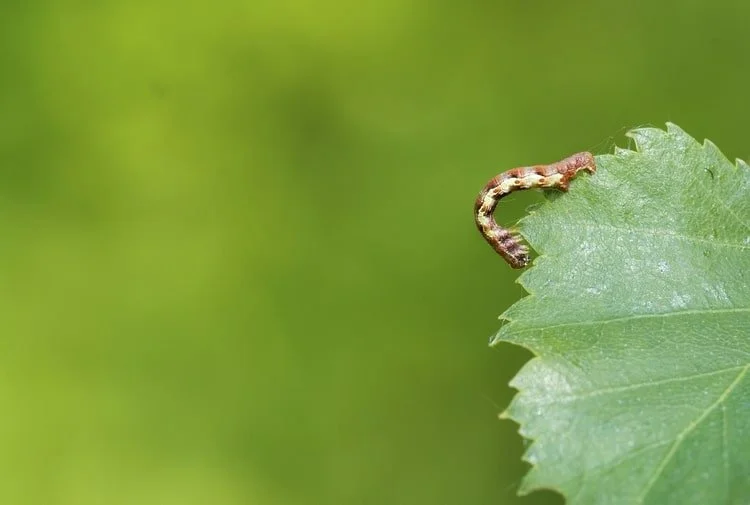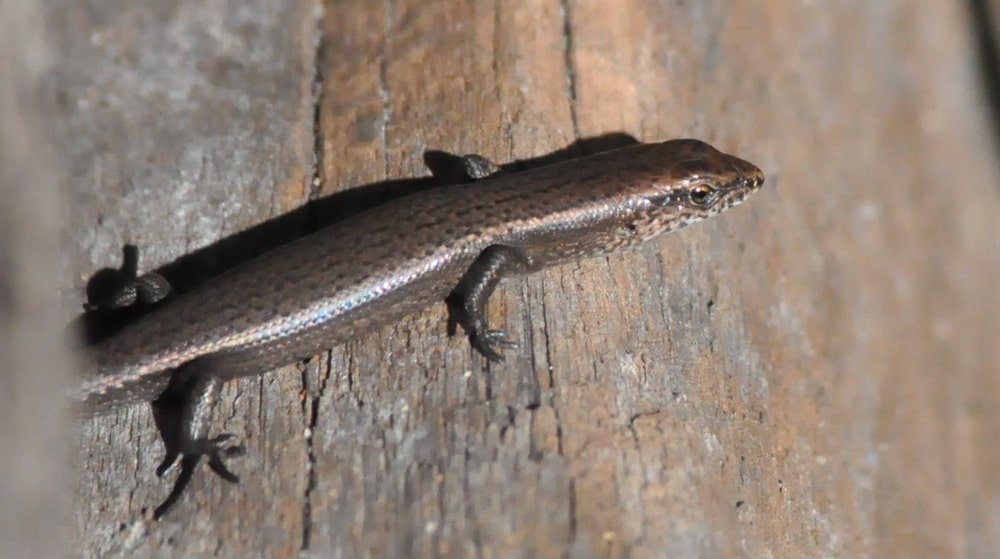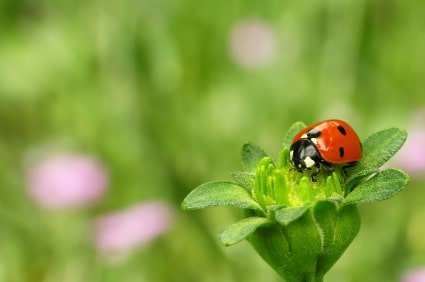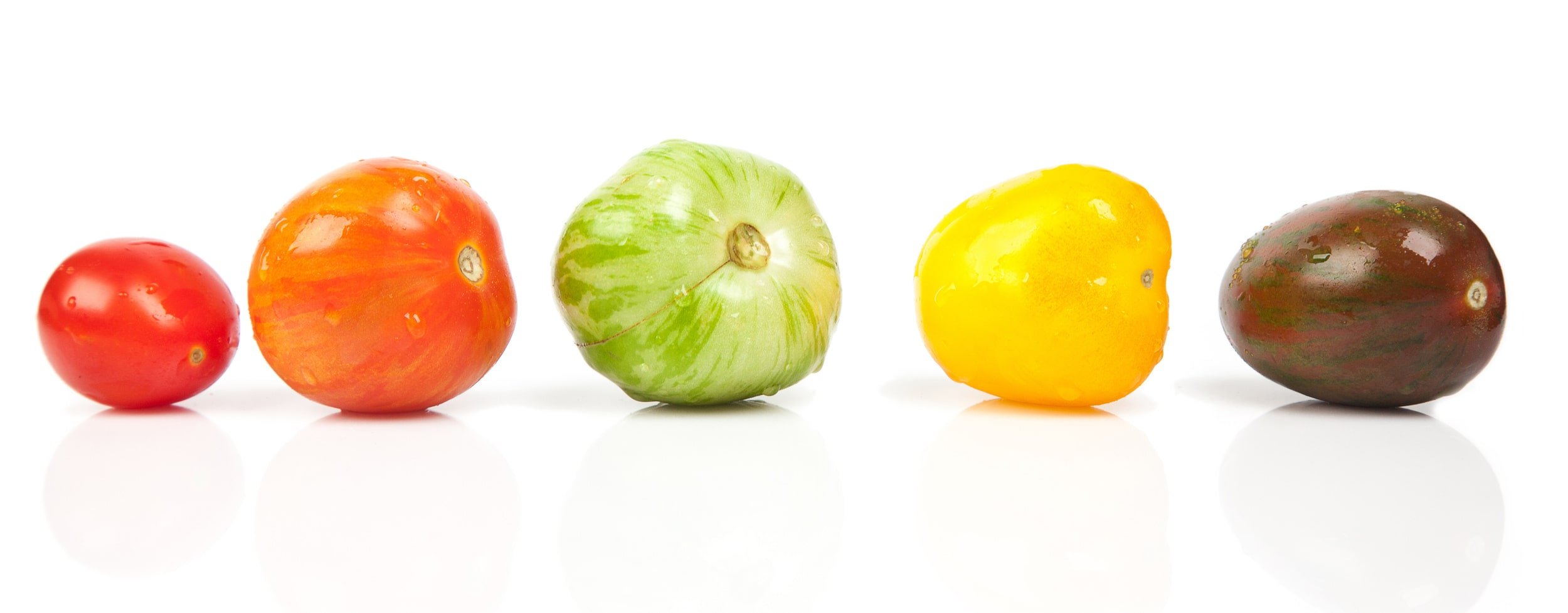Permaculture is a designed inspired holistic approach to sustainable living. It integrates many disciplines such as agriculture, economics, and soil management, all of which are important considerations in pest management.
One of the objectives of permaculture is to increase your crop yield. This increases dramatically when natural soil improvers such as compost and mulch are applied to your soil. Pests and diseases can only occur when there is an imbalance in the natural cycles involving predators and prey. This may mean that there are not enough predators to control the pests. Healthy living soil is the basis for all agriculture. Soil quality relates directly to good nutrition - better quality soil means better produce with more nutrients. It also means your plants are more resistant to insects as well as changing weather conditions.
Organic Pest Control
When you have lots of strategies for pest control the need for sprays diminishes. Integrated Pest Management (IPM) is an approach to pest control where many strategies can be used in combination. For example:
Encourage animal predators such as frogs for caterpillars, predatory wasps and lizards for small insects, and chickens and ducks for snails and slugs.
Encourage predatory species by introducing mixed planting e.g. buckwheat attracts hoverflies. Along with lacewings and ladybirds they feed on aphids, leafhoppers, and mealy bugs.
Attract beneficial insects through companion planting plants such as dill, parsley, coriander, dandelion, marigold and lemon balm. Planting garlic and onion will also help keep pests away as will marigold, rosemary, petunia, and thyme.
Keep up sound management and husbandry to discourage soil and leaf pests as healthy plants are less likely to attract pests.
Grow plants that some insects will be attracted to instead of feeding on the plants you wish to harvest.
Insect traps such as vinegar, sugar and water mixture or old beer traps are good for attracting fruit flies. Snail traps of beer can be placed around the vegetable growing areas. A mix of milk and water is an effective anti-fungicidal spray.
Barrier and manual methods, such as the handpicking of insects and snails; a ring of grease or vaseline on fruit trees discourages climbing insects; sawdust or used coffee grinds around garden beds discourages slugs and snails. Netting can be used to keep out many insects and pests.
If chickens, quails and ducks are kept in your garden they will clean the area you put them in and eat the larvae and insects on and in the ground. Your pest problem becomes animal food!
One of the best techniques permaculture can offer is how to think creatively about problems and solutions.
Rotating the Crop
By moving the area where you grow tomatoes, potatoes and other vegetables around each year you minimise the spread of disease. The cycle of pest and disease is broken. Ideally you also look at the sun and shade, and wind factors in your garden during the different seasons to assist in maximising your yield.
Crop rotation also has the added benefits of nutrient and fertiliser balance. Some vegetables, such as leaf and fruit crops, may prefer high levels of nitrogen, potassium and phosphorous and thus respond to the addition of animal manures. Root crops do not grow well in animal manures and heavy mulch. Consequently, they become stunted or distorted. By rotating these types of crops there is a greater efficiency of fertiliser use.
Natural Fertilisers
Mulch provides organic material and food for soil biota (animals). Water will also stay in the soil much longer and erosion will be decreased. Worm castings ‘juice’ and compost are natural fertilisers. Liquid fertiliser such as ‘compost tea’ is also good to use because it is a concentrated compost. It will increase the amount of microorganisms in the soil, improving soil quality and crop production.
Non-Chemical Sprays
Soil is adversely affected by chemical fertilisers because the soil biota is killed. Long term use of chemicals promotes acidity in soils and the leaching of nutrients. Nutrient ‘lock up ‘ occurs when the nutrients are in the soil but not available for the plants to use. Excess nutrients, especially nitrogen and phosphorus, will be washed away into our creeks, waterways, lagoons and ocean.
When spraying it is important to not use anything that is likely to kill beneficial insects such as bees or ladybirds. A few recipes of general use of non-chemical pesticides are below. Use these sparingly and it is best to spray at night when the good insects are also less active. A simple hand held sprayer is effective. Only use these for short term solutions. Most insects are not harmful to your crops and are needed to maintain a balanced environment.
Garlic Spray
Finely chop up 4 garlic cloves. Add this to one litre of water and let it stand overnight. Grate some soap flakes (about a level tablespoon) or organic dishwashing liquid into the mixture, add a little organic vegetable oil. This helps the spray to stick to the leaves. Garlic spray is a good general purpose insecticide. One variation is to include a couple of hot chillies or onions.
Fruit Fly Spray
To one litre of water add 10 ml ammonia solution or urine, 10 ml vanilla essence and 100 g sugar (or 2 tablespoons honey). Partly fill small jars or the fruit fly traps made from plastic soft drink bottles and suspend 3 or 4 in each tree. The bottles must be kept clean to have any effect. Neem oil is also useful for insecticide spray. There are also excellent products such as the Cera Trap available from organic gardening suppliers.
Chamomile Tea
This is effective against damping-off in cold, damp places, and mildew on fruit trees. Use a handful of fresh flowers or 30ml of dried flowers in one litre of boiling water. Cover and steep for 15 minutes, strain and use immediately as a spray. You can also add a small amount of seaweed to the chamomile to make a more potent antifungal spray.
Genetically Modified Crops (GM)
In Australia only two crops are GM - canola and cotton. GM crops are genetically altered to resist pesticides that are sold in combination with the seed. Monsanto’s Round Up Seeds are sold accompanying their pesticide, glyphosate, Round Up. GM is the opposite of promoting biodiversity and part of chemical based intensive agriculture. The farmer no longer owns the seeds but the agrochemical company does. All other seeds sold in Australia are not GM. Look at planting heirloom varieties, varieties adapted well to your garden, and natives.
Working with Nature
Use your powers of observation and work with nature to create your garden. Watch which times of year and locations in your garden certain plants will thrive in. When your garden starts to look after itself you know you are on the right track! You will use less resources and see a continual improvement of your soil, plants and environment.





